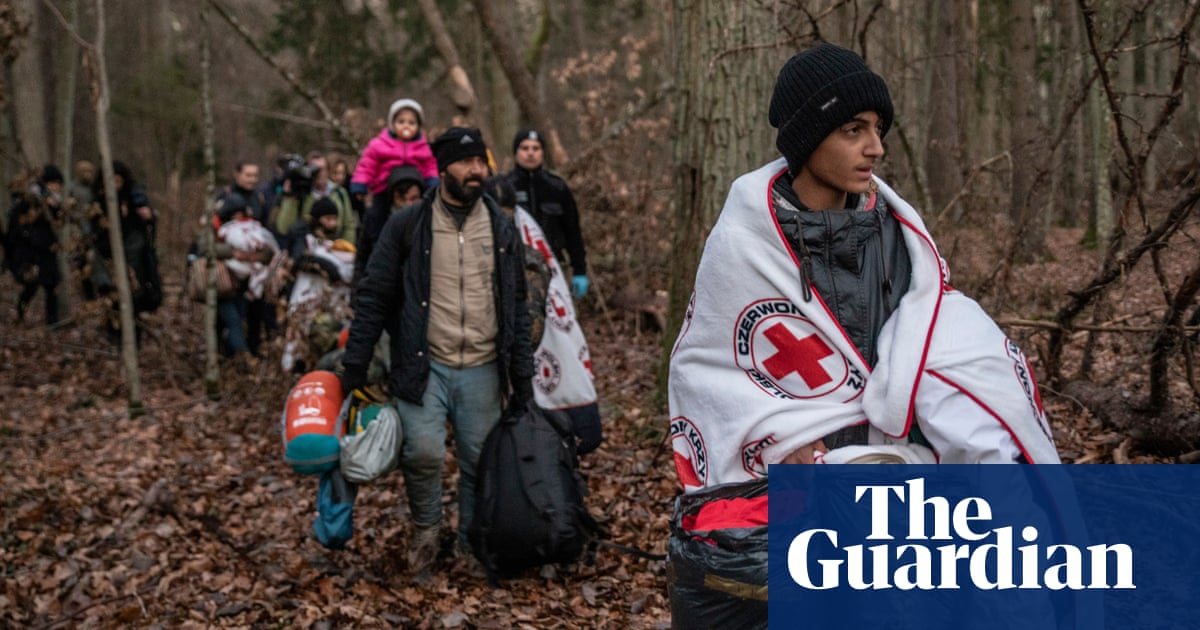Let Them Through
Shared Article from 8 NewsNow
Large groups of migrants using drains under border barriers to sneak into U.S.
SAN DIEGO (Border Report) — Border Patrol agents have been seeing larger groups of undocumented immigrants entering the U.S. at once, putting a stra…
Salvador Rivera @ 8newsnow.com
[Border Patrol Agent Justin] De La Torre said smugglers are pushing the migrants into large drains that have been built to help the flow of water from one side of the border to the other.
Typically, they are entering through storm drains underneath the border fence,De la Torre said.Quite frankly, when they bring in large groups at one time, it drains our resources so now our agents are spread thin and it leaves the border a bit more vulnerable in that period of time.[1] . . . According to U.S. Customs and Border Protection, the large groups of migrants using the drains are mostly from Brazil and Venezuela, and some from Portugal. . . .They’re bringing people through these storm drains, they risk severe injury drowning, falling from steep terrain. Just this year alone, we’ve had 12 fatalities that we know of in this area of migrants being trafficked and smuggled into the area. The Border Patrol’s job is to keep people safe, keep American people safe, our agents safe and to keep the migrants safe as well.[2] … The smugglers, they don’t have that goal; all they care about is making money.De la Torre says the gates are kept closed when it’s not raining, but agents must open them when storms arrive as a way to maintain the water’s natural flow from Mexico into the U.S.
On the runoff systems we have grates and have put in bars to keep people from coming through, however, the smugglers go down there with power tools and cut through those bars and facilitate illegal entry for the migrants.
As always, border policies and the border cops who enforce them impose horrendous suffering on innocent people, for the sake of inflicting the deplorable, invasive and violent means to an utterly worthless political end. Then they turn around and look at the humanitarian crisis that they themselves have created, they contort their faces into a grotesque mask of feigned pity, and they talk on and on about how it is all so awful, and the smugglers
and traffickers
are to blame, and the politicians in Washington and the paramilitary patrol on the border all care so, so much and they are all so, so sorry, and this only shows how much harder they need to work at shutting crossings systematically, relentlessly, and completely. So that they can make damned sure to enforce all the laws that keep forcing peaceful, harmless people into these awful conditions over and over again. There is no policy that is worth this, no system of control and enforcement that could justify or even excuse hunting people and leaving them no escape but to crawl through the drains under a goddamned apartheid wall that never should have been built. There is no crisis on the border that is not the direct result of the crisis of the border, no humanitarian disaster that would not be instantly and forever wiped away just by letting people cross peacefully where they want to cross, and letting them stay anywhere that they can find a place or a person willing to have them. All you need to do is stand down, let these people cross freely and openly where they choose, and leave them alone.





/cloudfront-us-east-2.images.arcpublishing.com/reuters/F7P2OMIXZRL3BLWADJZMJ7VVZQ.jpg)